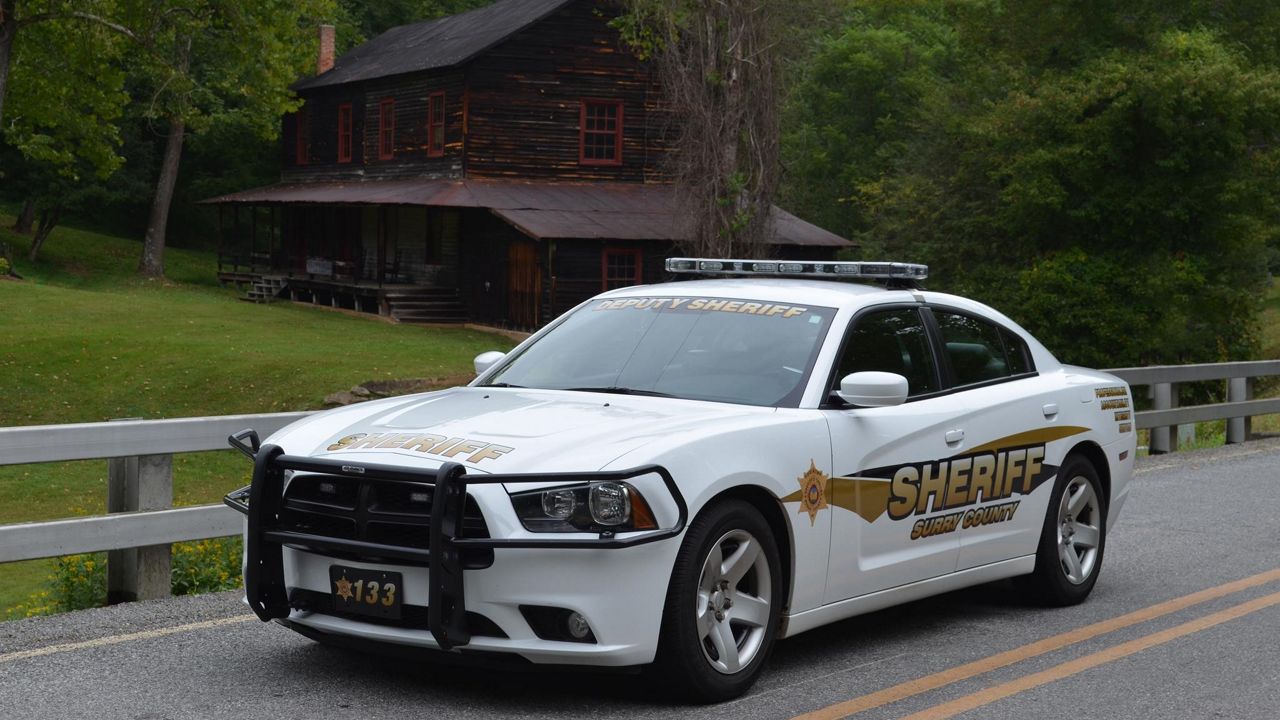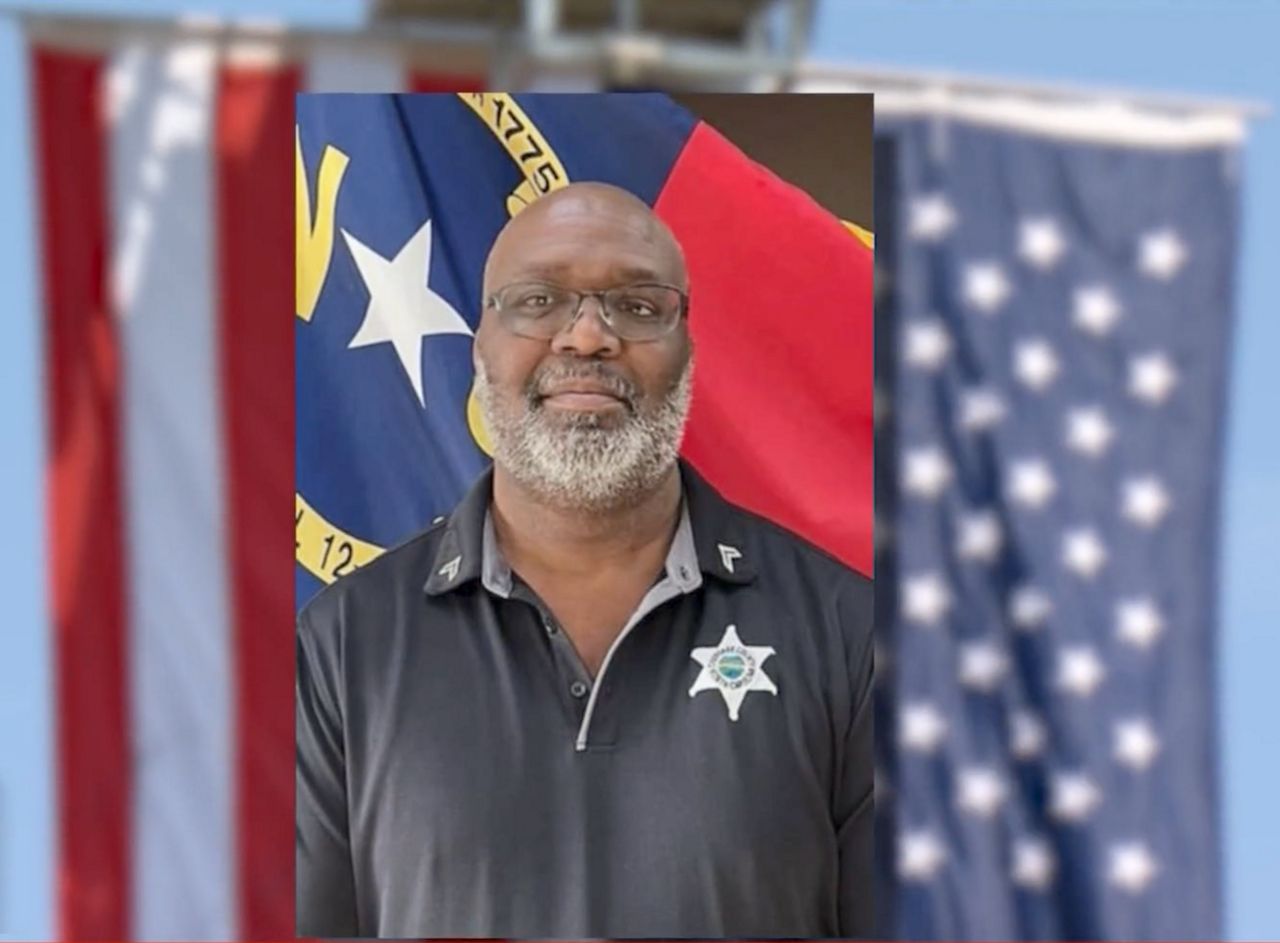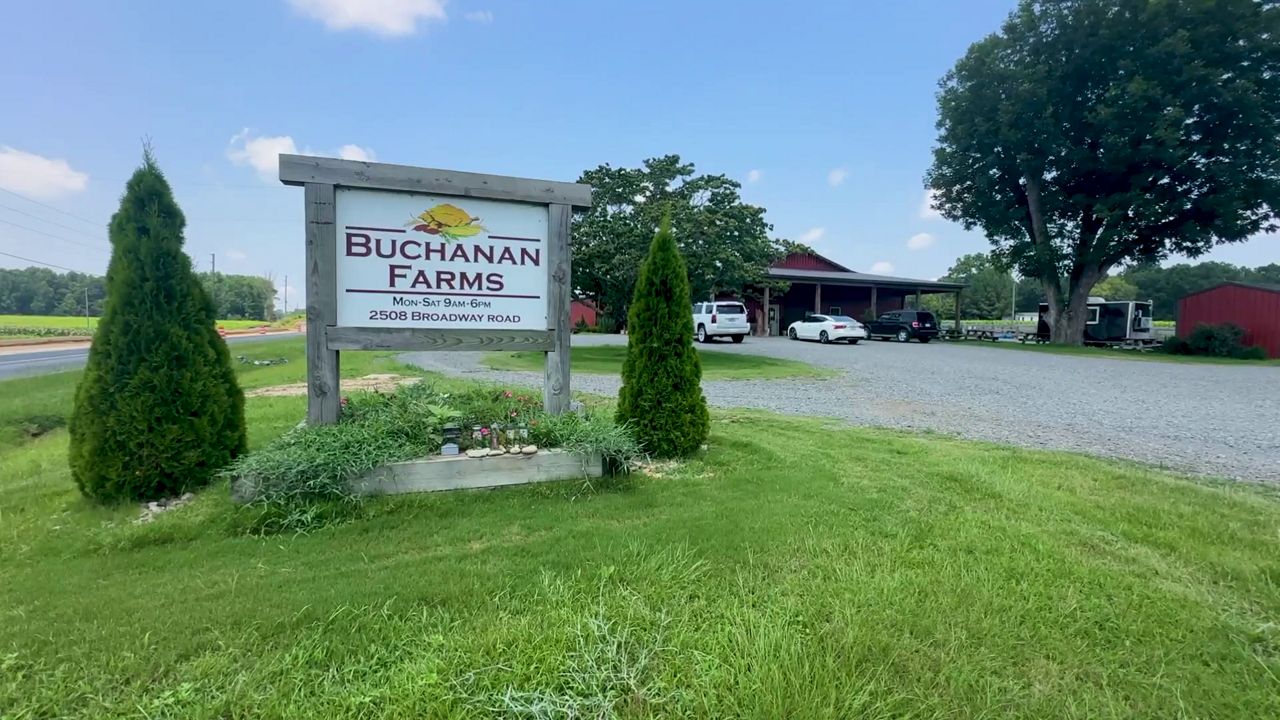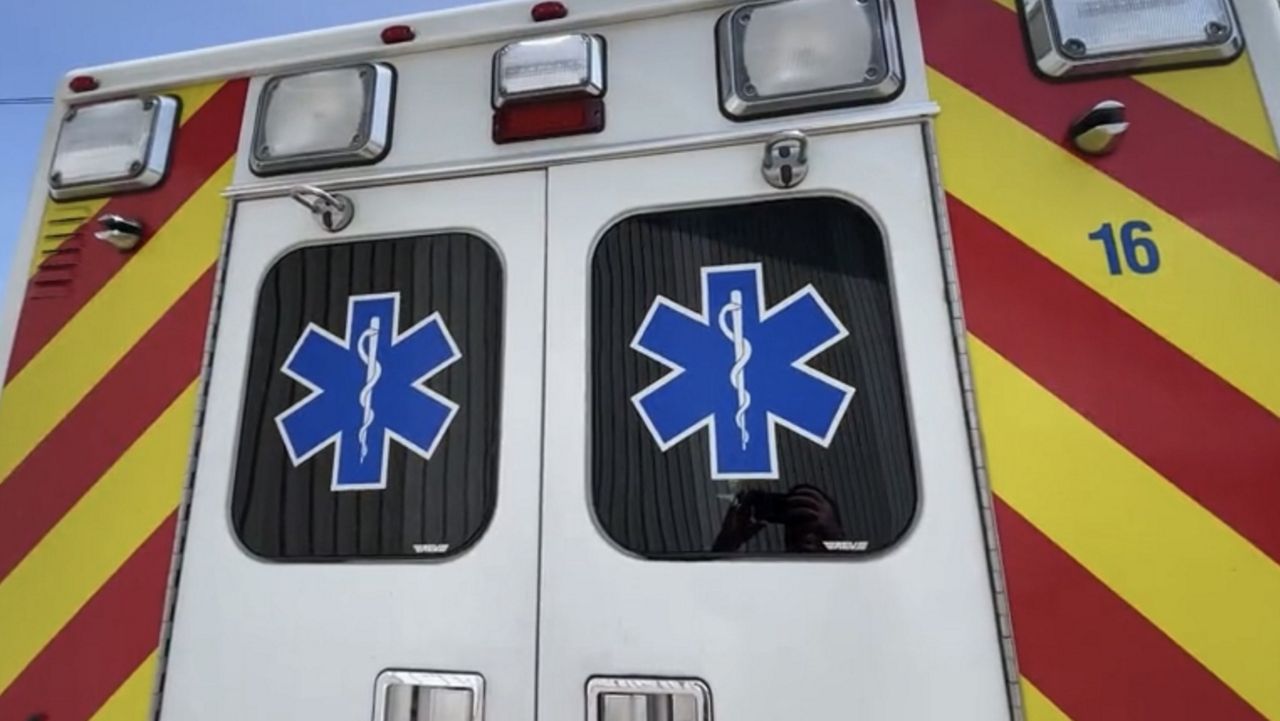WAKE COUNTY, N.C. — Sudden cardiac arrest is the third leading cause of death in the United States, and each year, the life-threatening emergency takes the lives of more than 350,000 people, according to the American Heart Association.
More than 350,000 people die from Sudden Cardiac Arrest yearly, according to the American Heart Association
Sudden cardiac arrest occurs when the heart suddenly stops beating
Wake County is offering free CPR classes
Every passing minute without cardiopulmonary resuscitation, commonly known as CPR, decreases the chance of a person surviving cardiac arrest by 10%. But anyone who knows how to perform CPR can make a lifesaving difference.
Brian Brooks is the Assistant Chief of Community Outreach for Wake County Emergency Medical Services. He says there are six minutes or less to start chest compressions before irreversible brain damage occurs.
"The more people in the community that we can get to learn how to do this and feel comfortable stepping in and do it, is going to make the outcome of this call, if no one does anything in the first five to six minutes, the outcome is not going to be what we would like It to be," Brooks said.
That is why they are encouraging more people in the community to learn this lifesaving skill.
"There is a reason we send so many resources to a cardiac arrest, we know the compressions are what matter most every two minutes we rotate people, at the two minute mark, we will check for a pulse," Brooks said.
Brooks says the national average survival rate for sudden cardiac arrest is just 6%.
In 2021, they were able to save 113 people in Wake County.
"It kinda shows how dire these calls are, when you do save the ones it makes you feel good, you return a mother, father, grandmother, sister, brother back home," Brooks said.
Wake County also launched the PulsePoint App, that sends emergency alerts to your cell phone and will notify you if you are in a nearby range of a person who is in need of CPR.
Brooks says this app can make all the difference in saving more lives. Currently, the response time for EMS is seven minutes.
"We know if we can get somebody to a patient within the first 5 or 6 minutes that number will tremendously rise," said Brooks.
Free CPR classes are being held Oct. 29 at the Emergency Services Education Center at 221 South Rogers Lane in Raleigh. There will be two sessions held in the morning and afternoon. Sign up here.
Brooks says they plan to begin free monthly CPR classes in January.










